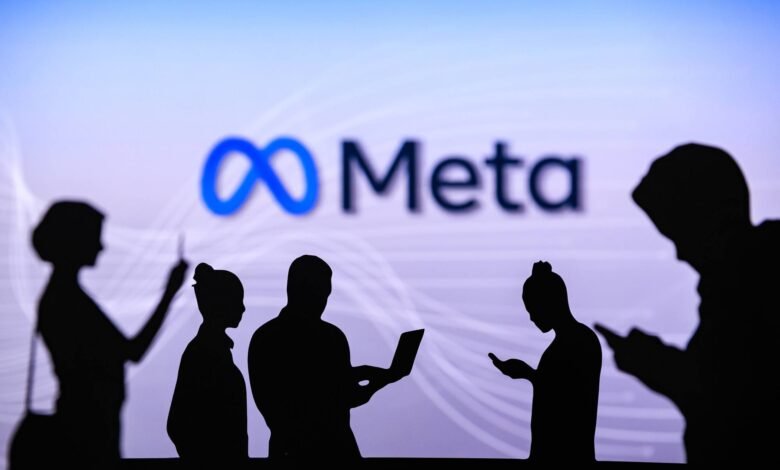France slams Google with €250m intellectual property fine

Major news agencies including AFP said that Google used their content to train AI chatbot Bard – now Gemini – without notifying anyone.
The French competition watchdog has fined Google €250m under EU intellectual property laws after complaints from major news publishers that the company used content from their websites to train the foundation model of its AI service Gemini (formerly Bard).
In a statement published today (20 March), the Autorité de la concurrence said that the fine applies to Google, its parent company Alphabet, Google Ireland and Google France. It is the fourth decision issued by the watchdog on this case in four years.
“These decisions come against the backdrop of the adoption of the French law of 24 July 2019 on related rights (transposing the EU directive on copyright and related rights of 17 April 2019), aiming to create the necessary conditions for balanced negotiations between press agencies, publishers and digital platforms,” the authority wrote.
“This legislative framework aimed to redefine, to the benefit of players in the press sector, the sharing of value between these players and to address the profound changes affecting the press sector for several years, in particular the growth of digital audiences, concomitant with the decline in print circulation, and the fact that a significant share of advertising value is now held by the major digital platforms.”
Major news publishers such as Agence France-Presse (AFP) – the world’s oldest news agency – complained that Bard, the AI chatbot now absorbed into Google’s Gemini family of services, had used their content to train its foundation model without notifying anyone.
The authority said that Google also obstructed the ability of news publishers and agencies to negotiate remuneration for their content.
Google has decided not to contest the facts, according to the authority, and proposed “a series of corrective measures” to address certain breaches identified by the watchdog.
Last month, the company renamed its flagship AI chatbot Bard to Gemini in a major rebranding of its AI offering and announced a new app called Gemini for Android, which it described as an assistant that uses generative AI to “collaborate with you and help you get things done”.
Gemini was first revealed to the world in December, when Google CEO Sundar Pichai announced three versions of the AI model – Ultra, Pro and Nano – to take on OpenAI’s ChatGPT.
“However, Gemini is evolving to be more than just the models,” Pichai said at the time. “It supports an entire ecosystem – from the products that billions of people use every day, to the APIs and platforms helping developers and businesses innovate.”
Across the pond, OpenAI and Microsoft are being sued by The New York Times for copyright infringement for using millions of its articles to train their AI models. “Defendants seek to free-ride on The Times’s massive investment in its journalism by using it to build substitutive products without permission or payment,” the newspaper claimed. ChatGPT creator OpenAI has filed a motion to dismiss several claims in the lawsuit, arguing that the newspaper’s complaint does not meet its own “famously rigorous journalistic standards”.
Find out how emerging tech trends are transforming tomorrow with our new podcast, Future Human: The Series. Listen now on Spotify, on Apple or wherever you get your podcasts.
Source link





